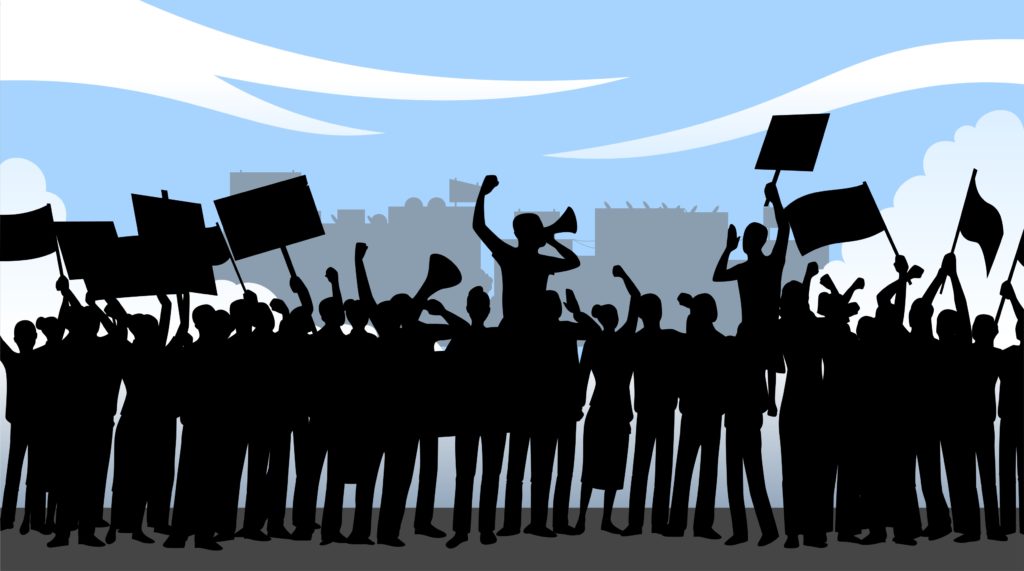While it’s nothing new for brands to take advantage of current events, the turbulent US political climate has companies making their views known like never before. Is appealing to one group of consumers at the risk of losing another worth it? This is the world we live in now that Donald Trump is President of the United States.
It is said that religion and politics should be avoided in polite conversation—usually good advice for business, too—but in making any stand (for, against or remaining silent), brands run the risk of seemingly benefiting from public unrest or alienating a large portion of consumers. Calls for boycott have been made, it seems, no matter what a brand says lately. Outrage ensued after Kellogg’s dropped its ads from conservative website Breitbart while some two-hundred thousand have already deleted their Uber apps after the company’s CEO joined Trump’s business advisory council—which he has since left.
There are times when a brand feels it’s necessary to assure its customers about its stance on political views, but it always comes with a risk. The “conversation” (a polite term for what really happens on social media) regarding immigration and refugees has continued with calls to boycott Starbucks, retailers that carry Ivanka Trump fashions and surprisingly, both left and right sides of the political spectrum are booing Amazon at the moment. Regardless of risk vs. reward, speaking out is certainly being thought of as a trend this year.
Sometimes, brands adopt a parody of the situation to lighten the mood. Such is the case with a new ad campaign for Jack in the Box, in which Jack—the restaurant’s mascot—has been “hacked” by a group called Jackileaks. The group is now exposing embarrassing emails, doodles and more, all with a hamburger-theme online.
Do boycotts work? It depends on who you talk to, but it’s important to note that the largest spending generation is guided largely by emotional decisions.
Millennials, particularly multicultural ones, are influential and they know it. According to a study by Buzz Marketing Group, 78 percent of those surveyed feel that they have power as a consumer to influence big brands. If a brand agrees with those same millennials on a social issue, even better—83 percent like it when brands make a public stand for or against issues they believe in.

